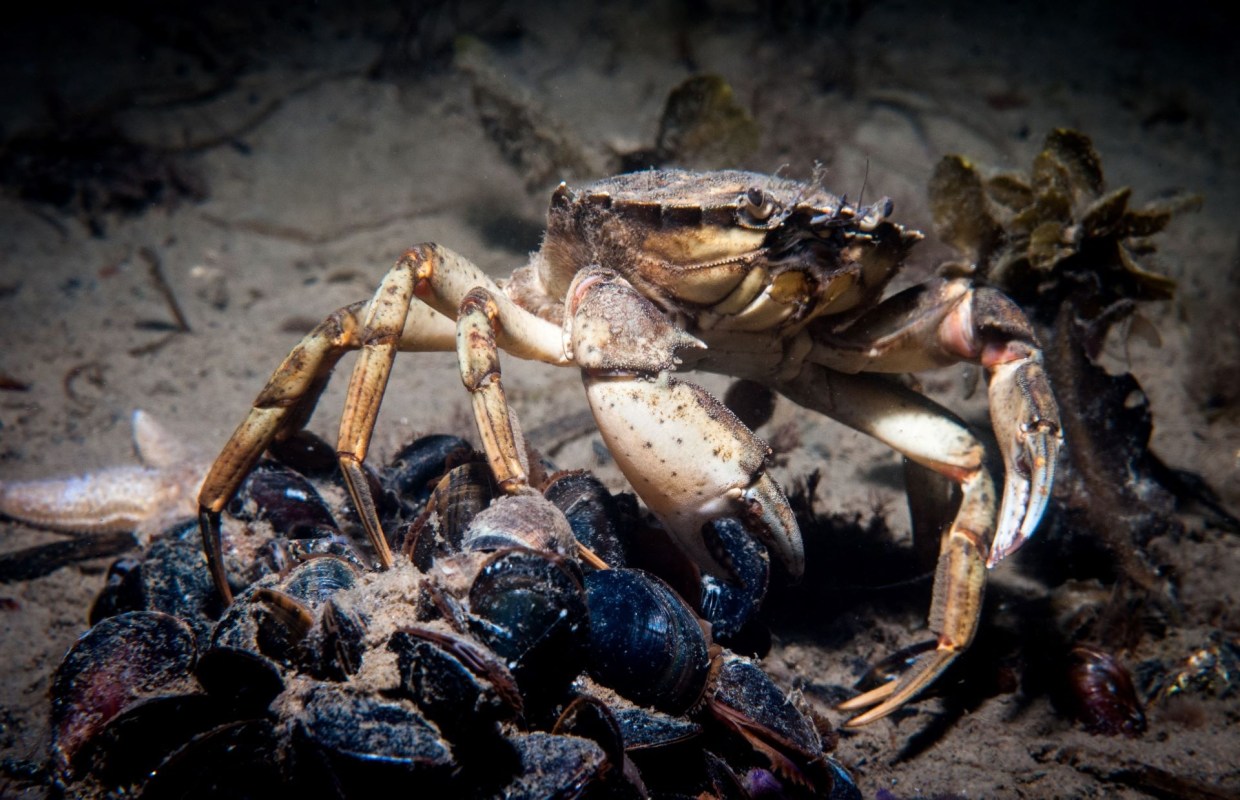Before the end of the century, we are expected to see a rise in marine heatwaves, and it may have serious effects on some ocean dwellers.
What are marine heatwaves?
A marine heatwave is defined as an extended period of time –– more than five days –– during which water temperatures are more than 90% above the region's average.
Brazilian researchers working from Brazil, Norway, and the United States studied this phenomenon and published their findings in the journal Estuarine, Coastal, and Shelf Science.
They conducted research on the coast of São Paulo, Brazil where, according to their findings, there is projected to be a 35% increase in marine heatwaves by the year 2100. Species at the bottom of the food chain may be most devastated by this, which doesn't spell good news for those at the top, or anywhere else.
The researchers focused on the potential impacts of marine heatwaves on the larvae of Leptuca thayeri, otherwise known as the Atlantic mangrove fiddler crab, to come to this conclusion.
"A rise of 2 degrees Celcius in sea surface temperature during the first three to four days of their lives led to a 15% drop in the survival rate compared with larvae at the average temperature for the region," said Murilo Zanetti Marochi, first author of the paper. "A rise of 4 degrees Celcius led to a 34% rise in mortality."
A decrease in the survival rate of the Atlantic mangrove fiddler crab would pose an obvious threat to the species, but it would also have a massive impact on multiple surrounding ecosystems.
The crabs lay their eggs in mangrove forests. After they hatch, they stay for a few days and then begin their journey to the ocean.
Only about 1% of them make it back because the fiddler crabs serve as food for so many land species, too. These little guys play a big role in supporting their surrounding ecosystem.
What can we take away from this research?
With predicted rises in marine heatwaves, the Atlantic mangrove fiddler crab, as well as the species that feed on it, are in harm's way.
Not all is lost, though. Constant innovation in Blue Tech, the collective name for new technologies aimed at bettering the health of our oceans, could help to reduce these negative effects on marine life over time.
We are also seeing a rapid rise in the use of cleaner energy sources, such as wind farms and solar panels, which, over time, will lessen our reliance on the dirty energy sources that are majorly contributing to the overheating of our planet.
Join our free newsletter for cool news and cool tips that make it easy to help yourself while helping the planet.









